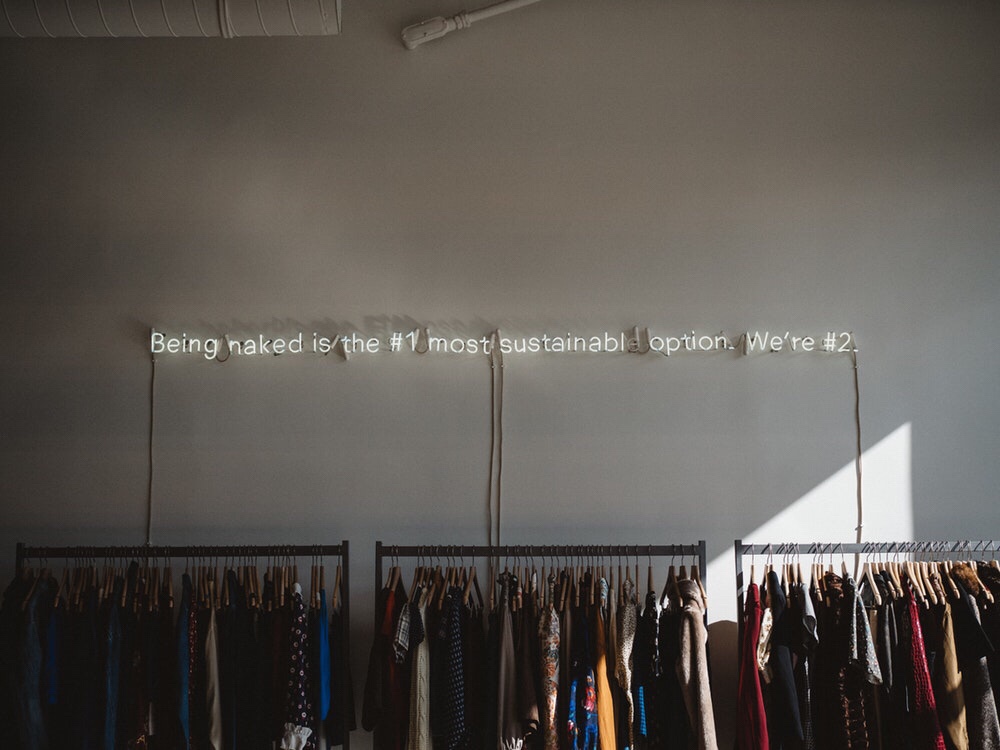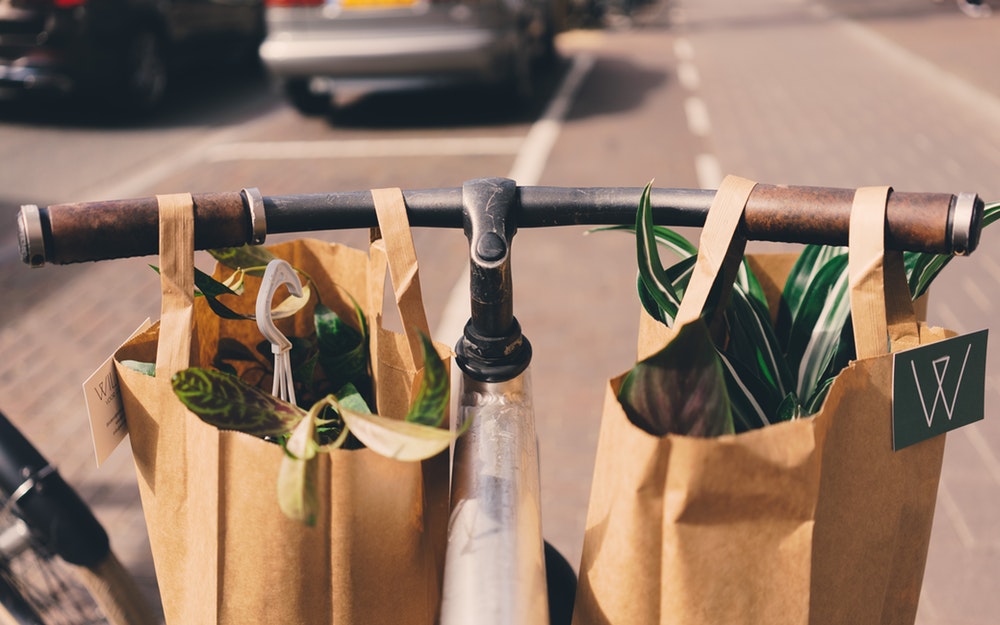There’s no doubt that millennials aren’t strangers to sustainability. As a matter of fact, the younger generation is becoming more aggressive when it comes to environmental issues.
True, millennials do spend more on conveniences, coffee, clothes, and out-of-town trips; but despite these, their penchant for sustainable products and services is unparalleled.
In 2015, global measurement and data analytics company Nielsen surveyed 30,000 consumers in 60 countries around the world. They wanted to know how brands influence their buying behavior. The result? According to Nielsen, while 66 percent of global consumers are willing to pay more for sustainable goods, a full 73 percent of them are millennials.

“Consumer brands that haven’t embraced sustainability are at a risk on many fronts,” said Carol Gstalder, senior vice president of Nielsen Reputation and Public Relations Resolutions. “Social responsibility is a critical part of proactive reputation management. And companies with strong reputations outperform others when it comes to attracting top talent, investors, community partners, and most of all consumers.”
Vying for sustainability doesn’t mean you only care for the environment. It includes the welfare of workers and animals, too. When I began my cruelty-free journey on makeup and skincare early last year, I knew that I wanted to live sustainably. I became more conscious in my use of plastic, and I was more mindful of my waste. I think this is what my generation wants: not just to buy a product, but a lifestyle as well.
“Sustainability is a worldwide concern and this is especially true for consumers in a growing population such as the Philippines to be continually aware of environmental and societal issues,” said Stuart Jamieson, managing director of Nielsen in the Philippines. “More exposed to the stress in the environment and its effect to the community, consumers are trying to be responsible citizens and they expect the same from corporations.”
Header courtesy of Martha Stewart
Read more:
How local brands help customers protect the environment
Sustainable fast fashion is possible with these innovations
Read more from Bea Llagas:
Cruelty-free products are actually better for you, and here’s why
Can you survive a zero-waste beauty routine?
Writer: BEA LLAGAS




